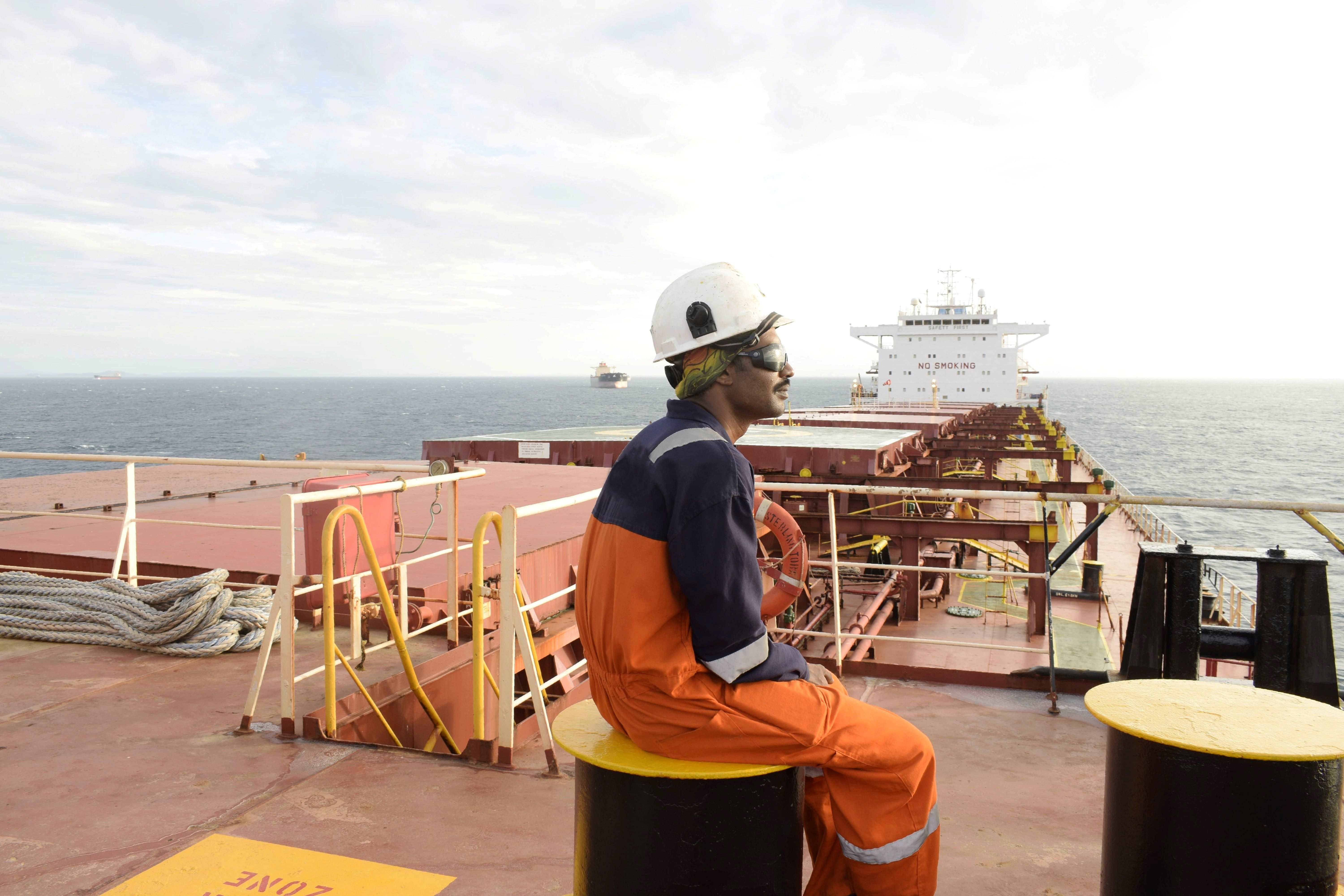Shipping Policy Committee
The primary focus of the Shipping Policy Committee (SPC) is on issues related to shipping trade and the impact that has on the shipping industry and on the economy of countries adopting those policies. Some of the multilateral bodies we interact with, which have an impact on trade, include the WTO and the OECD.
The SPC provides a consultative forum through which members of ICS discuss a range of shipping policy issues as they relate to trade in particular.
More specifically, the Committee serves to strengthen the voice of ICS (in particular) and the global shipping industry (in general), on shipping policy issues with those national governments, as well as intergovernmental and industry organisations that impact on international shipping.
About the SPC
The Shipping Policy Committee serves to establish a framework for promotion of liberal shipping policies, based on the principles of open markets and fair competition. On behalf of ICS, the SPC presses, at national and international level, for the removal of discriminatory measures such as cargo preference and other barriers to free market access.
Connections
At intergovernmental level, the Committee serves to strengthen the voice of ICS and the global shipping industry on shipping policy issues, by liaising with international organisations such as the World Trade Organization (WTO), the Organisation for Economic Co-operation and Development (OECD), the United Nations Conference on Trade and Development (UNCTAD), the Consultative Shipping Group (CSG) of maritime Administrations and the International Maritime Organization (IMO).
To meet its shipping policy objectives, ICS (through the SPC) also liaises with other global industry groups in the transport chain. This includes, but is not limited to, the International Chamber of Commerce (ICC) and Business at OECD (BIAC). ICS is a member of both the ICC and BIAC.
SPC aims and objectives
The Shipping Policy Committee functions in accordance with the bullet points outlined below. With respect to what ICS SPC members are responsible for, the majority of the work overseen by the SPC (ICS Secretariat and members) is conducted on a cooperative basis, with informal working groups being set up to address specific issues (meeting through video calls, etc.). All SPC members contribute as much as possible, with collection of information, agreeing on the way forward, etc.
- Share information about government policies that have an impact on national shipping industries.
- Liaise closely with relevant international organisations to support principles of free trade and fair competition, open market access and non-discrimination.
- Co-operate, whenever appropriate, with other international shipping organisations including regional partners, ECSA and ASA.
- Support development and effective enforcement of international treaties as an appropriate control mechanism for shipping.
- Ensure that the interests of shipping are properly addressed in policy areas such as trade, government support measures, taxation, competition policy and shipbuilding policy.
- Address any other issues that may have trade or commercial implications for international shipping.
What are the current most pressing issues?
- ‘OECD/G20 multilateral efforts to address tax challenges from digitalisation of the economy’. Note: Unless, the global shipping industry is exempted from this multilateral framework, the impact of this initiative could be severe, not only for the shipping industry itself, but (more importantly) for the national economies which it currently supports.
- National and/or regional trade restrictive (protectionist) or discriminatory measures, which have an impact on the global shipping. Such measures are constantly considered for adoption by individual governments. ICS and its members engage with those governments to highlight the potentially negative implications of such policies. One such example, includes a case in Bangladesh, where the government continues to impose cargo preference provisions for the transportation of Bangladesh cargo by Bangladesh flagged vessels. The provisions affect all sectors and trades and have caused delays and congestion outside the Port of Chittagong as a result of delays to the waiver exemption process
- ICS study on ‘National and regional Protectionist and Restrictive Trade Measures with Significant Impact on International Maritime Transport’. This study, which was published towards the end of 2020, provides an assessment of national and regional protectionist and restrictive trade measures, policies and regulations with a significant impact on international maritime transport and on world trade as a consequence (noting that 90% of world trade is transported) on board ships
- There are other major issues on the agenda of the ICS SPC, such as the ICS Flag State Performance Table.
For more information, please get in touch with the Secretary, Georgia Spencer-Rowland.
Related content

Seafarer wellbeing under threat amid geopolitical conflict

Engine Room Procedures Guide, Second Edition

Meet the ICS Publications Technical Writer
